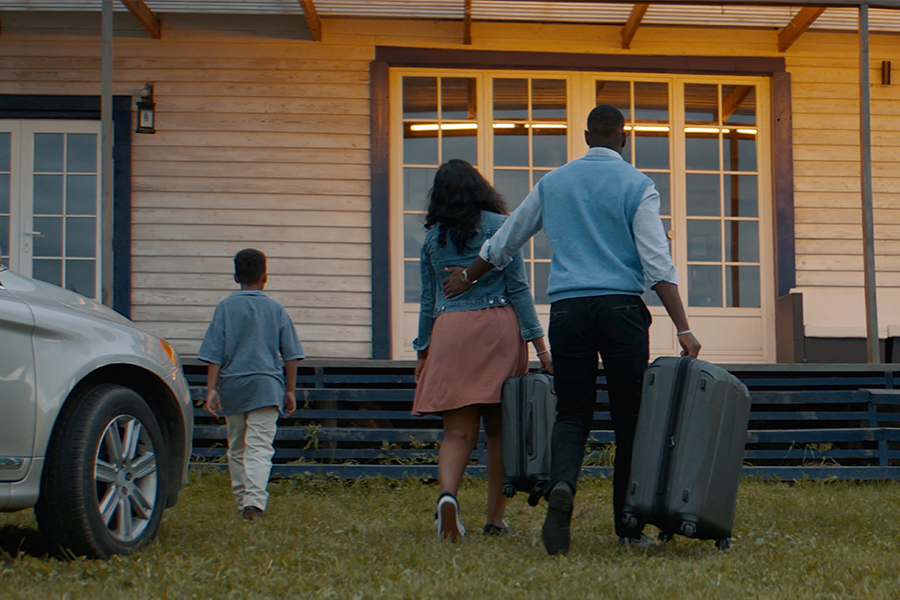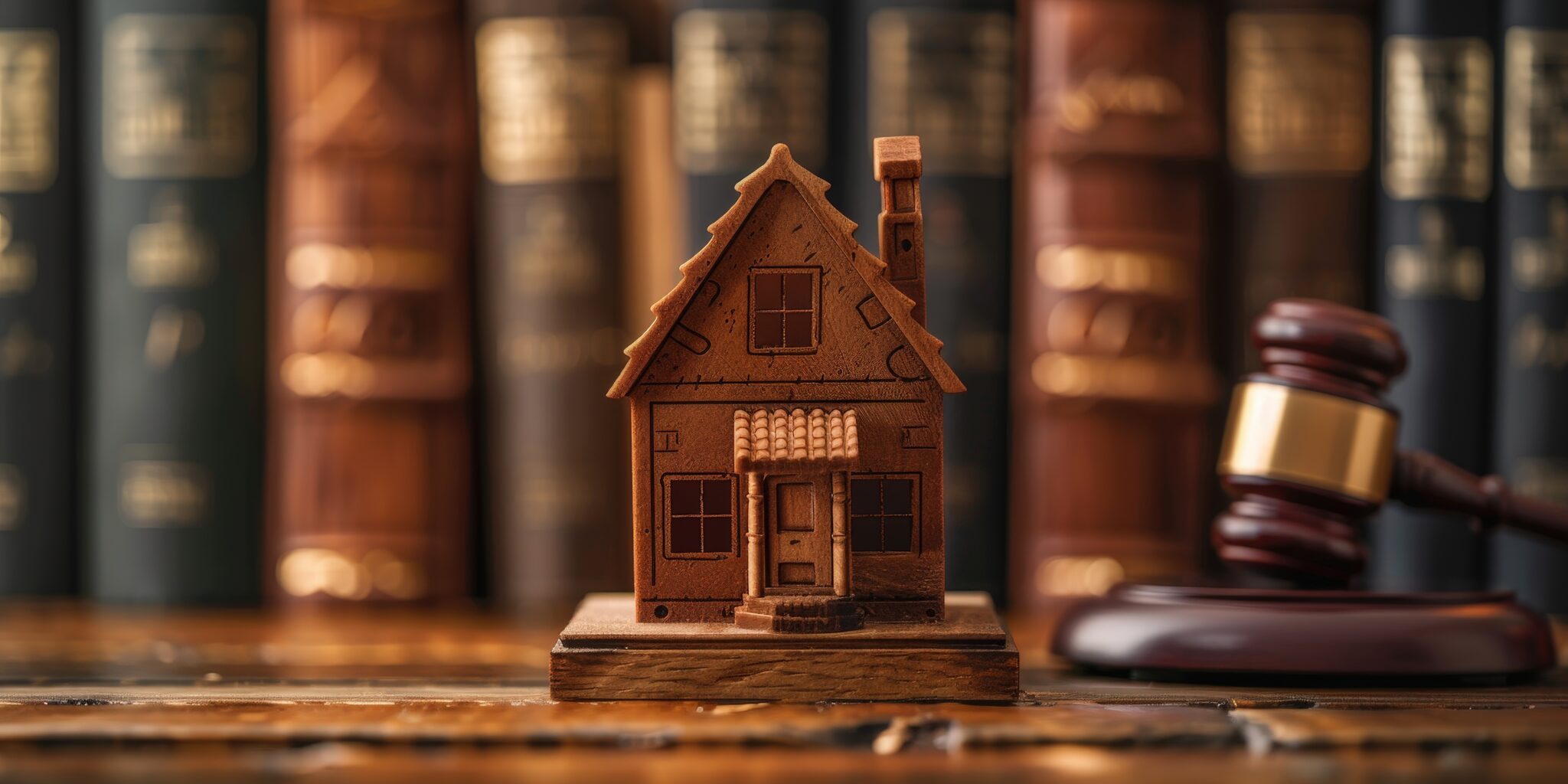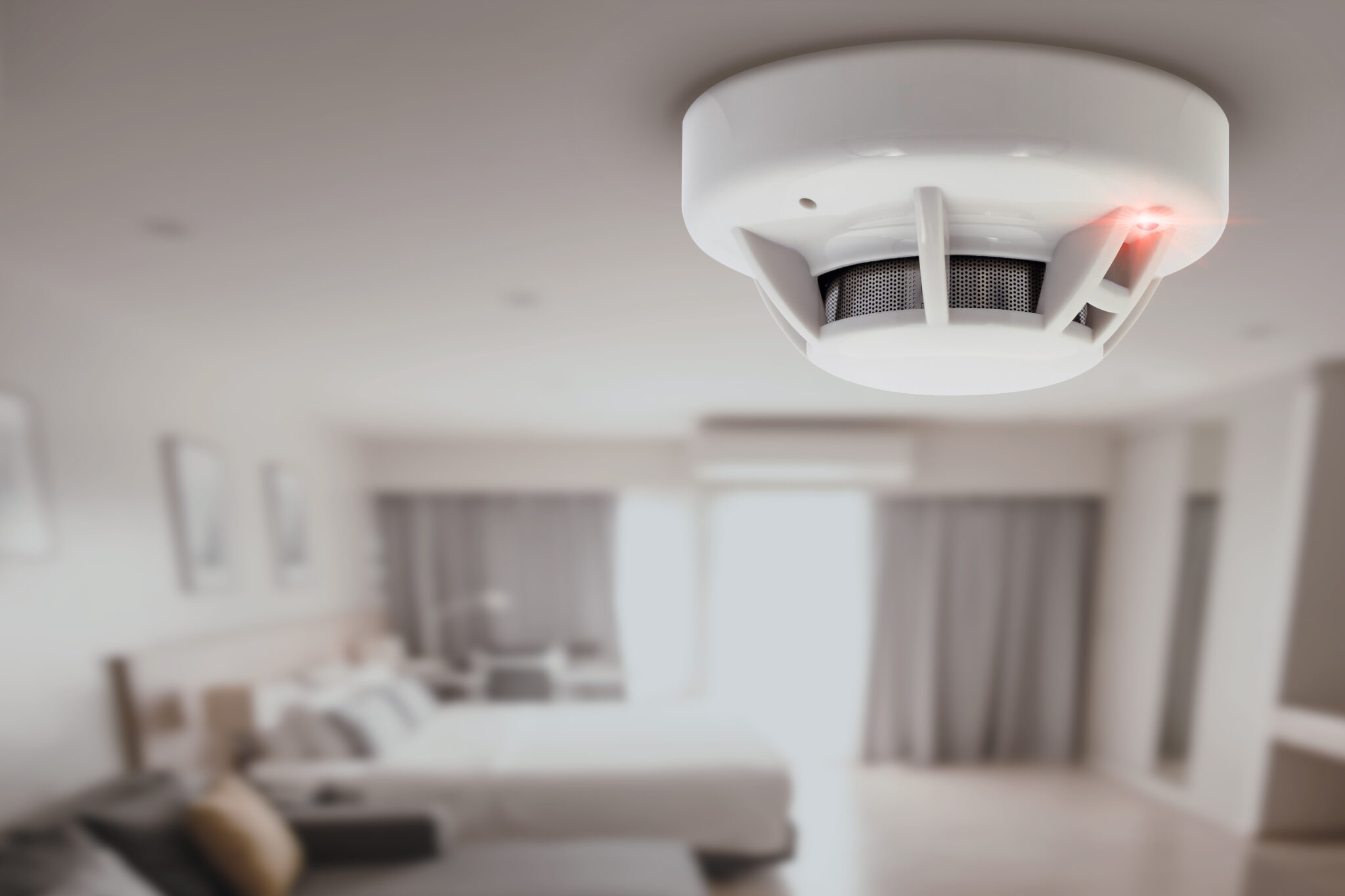

Home insurance in South Africa is a critical step in safeguarding your most valuable asset. But the path to the right insurance policy is often fraught with pitfalls. In this guide, we draw on the expertise of seasoned professionals in the insurance industry like our very own Firaaz Baker and Denise Shaw from Standard Insurance Ltd to highlight five common mistakes homeowners should avoid when choosing home insurance. By steering clear of these, you can ensure your home is protected without any unexpected financial burdens.
Things to Avoid Doing When You Get Home Insurance in South Africa
1. Avoid Under-Insuring Your Home
One of the most common mistakes is under-insuring your home. This happens when you underestimate the replacement cost of your home, leading to a significant financial shortfall if disaster strikes. “Homeowners need to ensure their house is insured for replacement at current costs,” advises Denise Shaw, head of Standard Insurance Limited. This means considering the current rates for materials and labour, not just the market value of your home.
2. Don’t Over-Insure Your Home
Conversely, over-insuring your home can also be a costly error. This occurs when you insure your home for more than its actual value, resulting in higher premiums without any additional benefit. Insurance pays out a portion of what the customer considers realistic, and the additional money paid in premiums is lost, according to the experts. That is why it’s crucial to find a balance that accurately reflects your home’s worth.
“Understanding your benefits and what you’re paying for is important.” ~Firaaz Baker, Insurance Expert at insurance.co.za.
Finding the sweet spot between affordable premiums and solid protection can be tricky. But it’s worth the effort. Skimping on coverage to save a few bucks now could cost you big time later. And overpaying for extras you don’t need? That’s just money down the drain. The goal is to get the coverage you need at a price that doesn’t make your wallet weep. “You need to look at the actual policy document and compare it,” Firaaz advises.

3. Be Wary of Relying Solely on Bank Valuations
Many homeowners mistakenly assume that a bank site inspector’s valuation is the appropriate amount for the cover they need. However, Shaw cautions, “This valuation is for loan purposes and may not reflect the true replacement cost of your home.” It’s essential to get an independent valuation that considers all variables involved in your dwelling.
4. Don’t Ignore Special Features or Fittings
When insuring your home, it’s vital to specify any special features or fixtures that are integral structural parts of the house. Failing to include these in your insurance quote can lead to being underinsured. Whether it’s slate tiles or imported floors, ensure these are adequately covered in your policy.
Secondly, life changes, and so should your content & building insurance. Got a fancy new entertainment system? Renovated the kitchen? Make sure your policy reflects that. It’s like updating your Facebook status, but way more important. Keeping your policy in check means you’re always covered, no matter what new goodies you add to your home.
5. Avoid Generic Policy Solutions
Finally, avoid generic insurance solutions that don’t consider your home’s unique aspects. “The responsibility of making sure a house is correctly insured rests with the homeowner,” Firaaz emphasizes. Customising your policy to include all relevant details, from the type of roof to any special fittings, is key to comprehensive coverage.

Why Get Home Insurance?
Most often, your financial services provider, such as the bank furnishing you with a home loan, will require you to take out home insurance as well as credit life insurance to cover your debt. But aside from this obvious motivation, home insurance can help you with the cost of repairs when disaster strikes. Most often, insurers include things like damage to structures and your swimming pool, your geyser, and your windows and other fixtures caused by common perils in your property insurance.
Your contents policy would then cover the movable items in your home against events like theft, robbery, accidental damage, natural disasters, and fire. Some plans will even offer you cover for alternative accommodation if your home becomes uninhabitable after an insured event. The money you can save on repair or replacement costs and the extra peace of mind you get makes the small monthly premium you pay more than worthwhile.
How to Choose Between Insurers
Let’s face it, buying home cover can feel like a grudge purchase. But in South Africa, where surprises aren’t always pleasant, it’s a smart move. Think of home insurance as your financial safety net. It’s there to catch you when things go south – like when a burst geyser decides to remodel your ceiling, or a sneaky burglar fancies your flat-screen TV.
But how do you know you’re getting the best deal from your insurer? That’s where we come in. Our experts are passionate about connecting you with the best option from you from a wide range of reliable insurers and policies. With years of expertise and industry insights, we know how to match you with the best cover for your needs. To get started, you can fill in the form on this page.
Do I Need Buildings or Household Contents Insurance?
Choosing between these two types of cover is essential for any homeowner. Here’s a straightforward breakdown to help you decide
Buildings Cover: This type of insurance is all about the structure of your home. It covers the physical building – walls, roof, floors, and permanent fixtures like built-in cabinets and baths. If a storm damages your roof or a pipe bursts and ruins your walls, buildings insurance steps in. It’s a must-have if you own the property, ensuring that the core structure of your home is protected against unforeseen events.
Household Contents Cover: This covers everything inside your home that isn’t nailed down. Think of your furniture, electronics, clothing, and other personal belongings. If someone breaks in and steals your TV or a fire damages your furniture, contents insurance has you covered. It’s about protecting the items that make your house a home.
So if you’re a homeowner, you likely need both. Buildings insurance safeguards the structure of your home, while contents cover protects your belongings inside. Together, they ensure comprehensive coverage for both the shell and soul of your home.
Ready to get your buildings and household possessions covered? Fill in the form on this page, and we will match you with your best policy option. The insurer will then give you a call with an obligation-free home insurance quote!
Insurance.co.za Content Team
We’re a specialist team of insurance and finance copywriters and content producers. The Insurance.co.za Content Team is a flexible and dynamic team. Hence we publish our content under the Insurance.co.za brand name rather than our personal names.
Other posts





